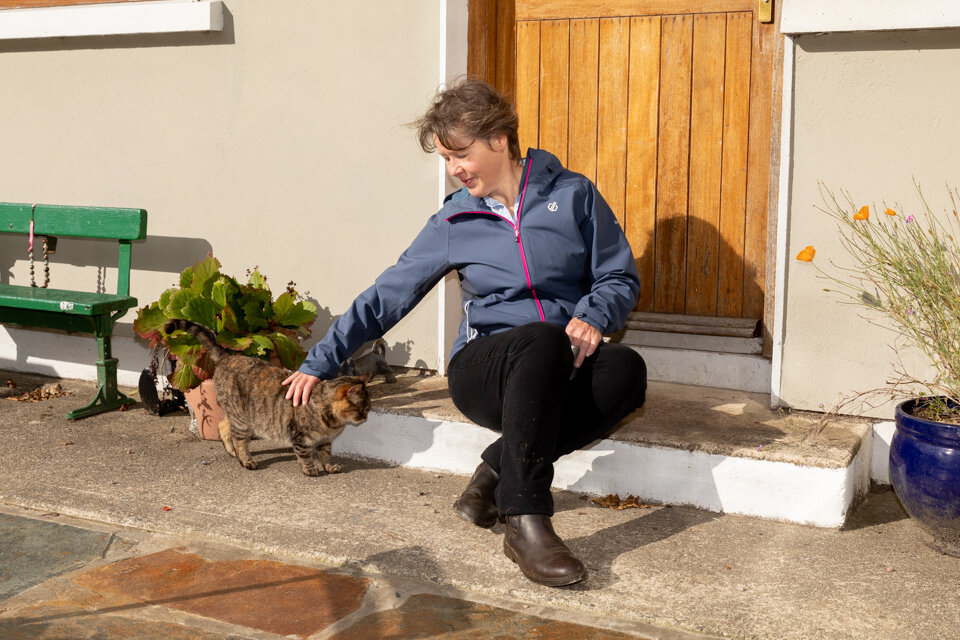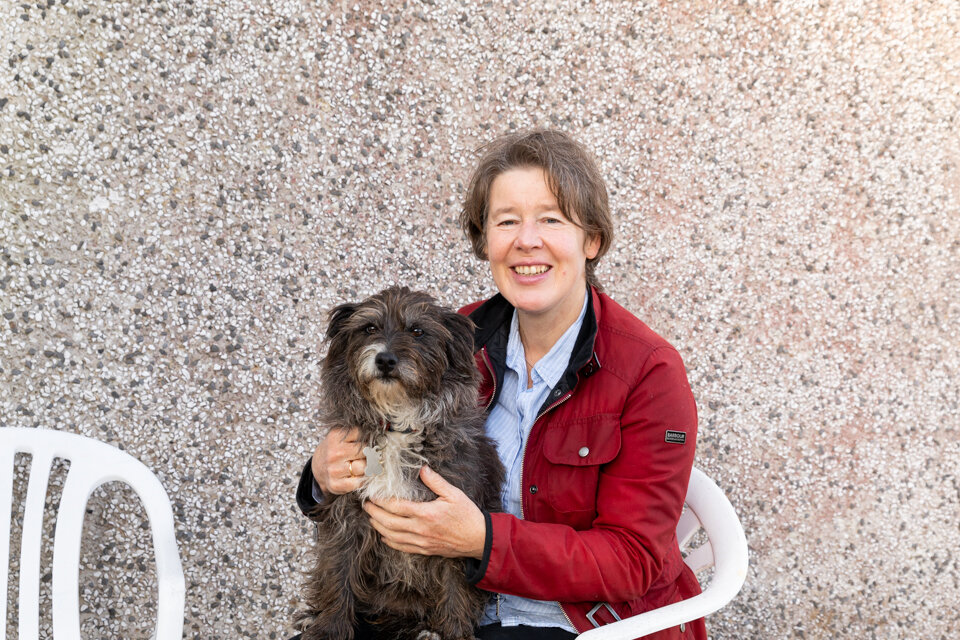dogs and cats
WHAT TYPE OF BEHAVIOUR PROBLEMS DOES THE ANIMAL BEHAVIOUR CLINIC ADDRESS IN DOGS?
Aggression, both towards family members but also strangers, other dogs in the household and other dogs encountered while on walks. Aggression is a serious problem, and is of particular concern where there are children or elderly people within the household, as the risk of injury is high.
Barking excessively, also whining / howling. This is a particular problem in suburban areas, as neighbours often become annoyed, and relationships between neighbouring households are put under pressure.
Indoor soiling Most dogs can be successfully toilet trained. However indoor soiling is a common problem, and one that is of enormous frustration to owners. Fortunately, most toilet problems can usually be rapidly resolved.
Destructive behaviour, such as chewing at furniture, doors, electrical cables, digging up plants shrubs, flowerbeds, etc. can incur enormous expense for the owners. Destructive behaviour occurs for a number of reasons, and is also highly resolvable in the majority of cases.
A range of behaviours such as pulling excessively on the lead, refusing to come back when called (particularly if the dog escapes out the front door!), continually looking for a game/ a rub/ to be let out/let in, stealing food from worktops, chasing vehicles, mounting inappropriate objects, (such as the owners leg) are all behaviours which are treated during our weekly clinics.
WHAT TYPE OF BEHAVIOUR PROBLEMS DOES THE ANIMAL BEHAVIOUR CLINIC ADDRESS IN CATS?
Indoor Soiling: Cats frequently eliminate (urinate, defecate) and spray urine outside of litter trays, often against and on furnishings, on carpets or other floor coverings.
Aggression: Aggression can be displayed towards other cats in the household, towards the owners, often at a high level and with very little warning.
Scratching and urine spraying: often carried out as a form of marking, but becomes problematic when carried out indoor surfaces such as furniture.
Excessive self grooming, often caused by stress, can result in loss of hair and developing bald patches on the cat’s body.
Excessive vocalization, changes in patterns of social behaviour and a range of other behaviour changes can indicate an underlying problem that needs to be resolved.
WHY SHOULD I ATTEND A BEHAVIOUR CLINIC RATHER THAN GETTING ADVICE FROM MY VET OR TRAINER?
The benefit of attending the Behaviour Clinic is the opportunity to avail of the expertise of a veterinary surgeon who has also studied and gained further qualifications and a lot of practical experience in the field of animal behaviour. The help of a trainer may be recommended following the consultation, but few dog trainers have had the opportunity to study animal behaviour and behaviour modification techniques in depth as well as possessing the necessary veterinary background to understand an animal’s health, hormonal changes, physiology and the impact that these factors have on the behaviour of an animal.
WHY DO I NEED TO BE REFERRED BY MY VET (CANINE AND FELINE CASES)?
Veterinary referral is necessary as your own vet is fully familiar with your pet’s clinical history, and is best equipped to carry out the first consultation when concerns about behaviour arise. Many behaviour problems are caused by pain or changes in health. It is absolutely essential that these health issues are addressed, and once that has been done, if the problem behaviour persists, it will then be treated as a behaviour problem, with ongoing communication with your vet as necessary.
how DO CONSULTATIONS TAKE PLACE?
All consultations are conducted via Zoom.
HOW LONG DOES A CONSULTATION LAST?
Consultations last approximately 1.5 hours. At the end of each consult, owners are given a written outline of the recommendations made during the consultation. A report is then written to the owner’s own vet, outlining what the diagnosis is, and what recommendations have been made. If drug treatment is required, if surgery is recommended (for example, neutering) or if a special diet is recommended, your vet will be informed of this, and further communication as necessary will take place between ourselves and your own vet to maximize the likelihood of your pet progressing rapidly, and behaviour problems diminishing.






